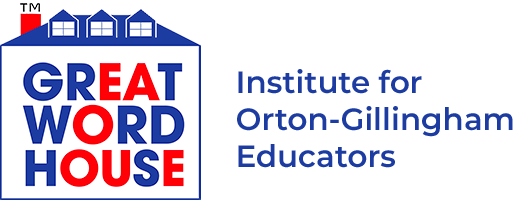Thinking on Your Feet
The link between physical exercise and cognitive performance is well established in the field of Neuroscience and Childhood Development and yet woefully downplayed in modern education.
Making Math Relevant, Fun and a Positive Experience!
There are many policy makers, researchers and educators who decide how your child learns Math, but parents should be the first to get involved and set a positive tone!
Reading Fluency
Reading fluency is defined as the ability to read correctly and swiftly. It involves the automatic recognition of words, so that meaning is accessed efficiently and instantly.
Music and Dyslexia
I have found that three core activities in music class can directly benefit students with dyslexia. I would like to describe those activities and their benefits.
How Conversation Can Support the Development of Language Skills
As a parent, I am always looking for ways to strengthen my connection with my kids and support their development.
How Does Drama Support the Development of Social Skills?
A lot of what we learn at school leans into what is known as the “Hidden Curriculum.” One way to structure these lessons is through the Dramatic Arts.
For The Love of Reading: Nightly Reading with Your Child
Spending time each day reading with your child not only has academic benefits, but also assists your child’s emotional wellbeing.
Scarborough’s Rope Model of Reading
The Rope Model unravels the skills involved in becoming a proficient reader and can be used to identify ways that you can assist your child as they learn to read.
The Amazing Origins of English
English is a complex language with an interesting and fascinating history behind it all. Talking to your children about its history connects all of us to the captivating story of the language’s creation.
